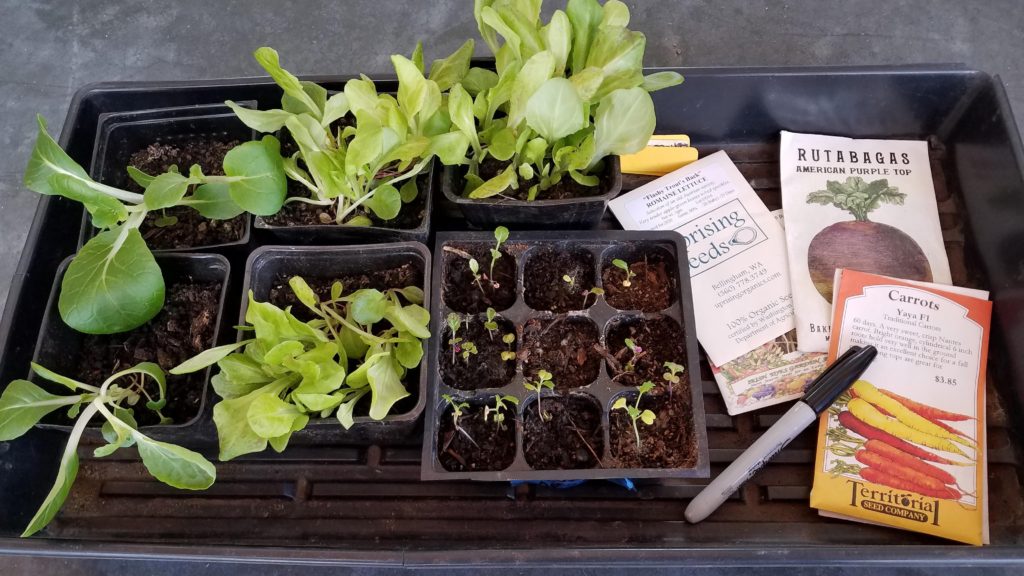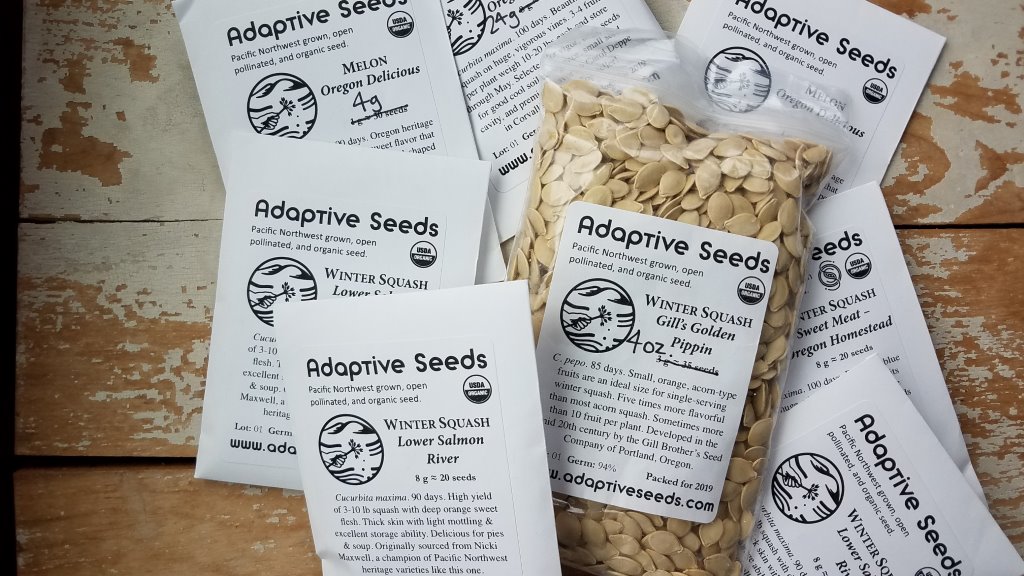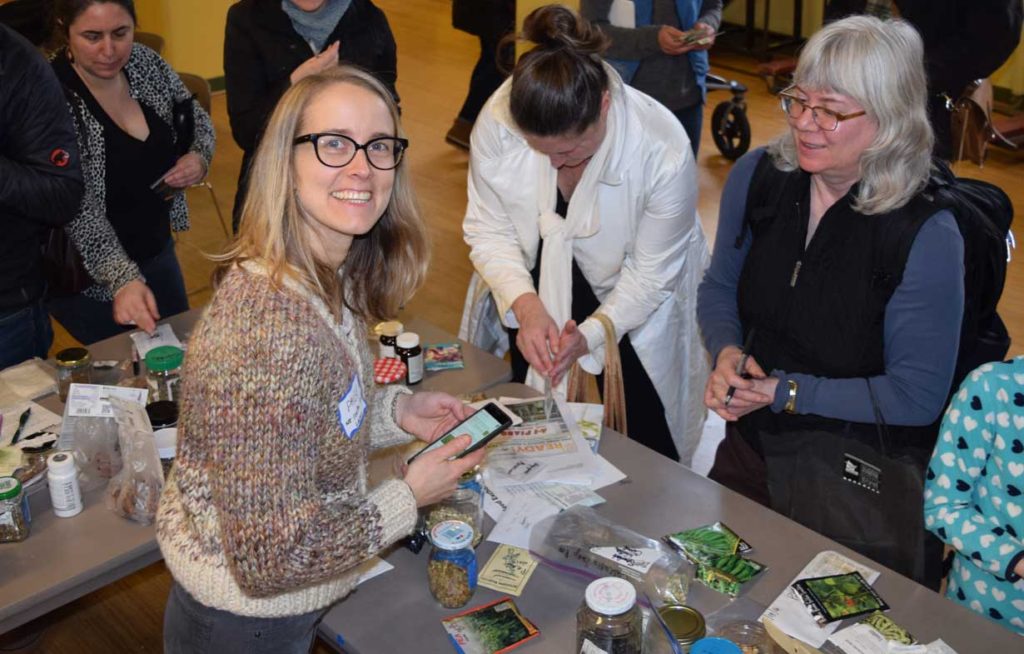NOTE: This post is from 2020; seed orders are not being filled in this manner in 2021.
With a booming interest in gardening and the temporary shutdown of our seed lending library locations, we have devised a pilot program to get our seed supply to neighbors who can use them.
Starting today, we will be accepting emailed seed orders for our Northwest Seattle branch. We will fulfill the orders twice a week and leave them at a secure, outdoor, weatherproof location for recipients to pick up. The pickup location will be in Northwest Seattle.
Here’s how it will work:
- Browse the current seed inventory list. Navigate through the list by using the category tabs at the bottom of the screen.
- Take note of the crop and common name of each seed you would like.
- Please limit your order to 10 items.
- Send an email with your list and name to [email protected].
- We will package and label your seeds (small quantities only, regardless of our “KCSLL Supply” designation).
- If we run out of an item, we might substitute another variety of the same crop.
- We will respond with an email telling you where you can pick up your seeds.
Seed orders will be taken to our pickup location twice a week. Each order will be packaged with the recipient’s name on the bag. We suggest you take the same precautions when handling the package as you would at a grocery store. To be extra-safe, use gloves when taking the seed order home, then let it sit for 72 hours before opening it. We also ask that recipients practice proper social distancing if another recipient is at the pickup location.
This program will initially cover Northwest Seattle only. If successful, we will try to enact it at other branches.
Unfortunately, we are unable to take seed donations at this time. Please (safely) share with your neighbors and friends! Hopefully, we will be able to reopen our physical branches and resume regular activity later this spring.
Happy planting!





